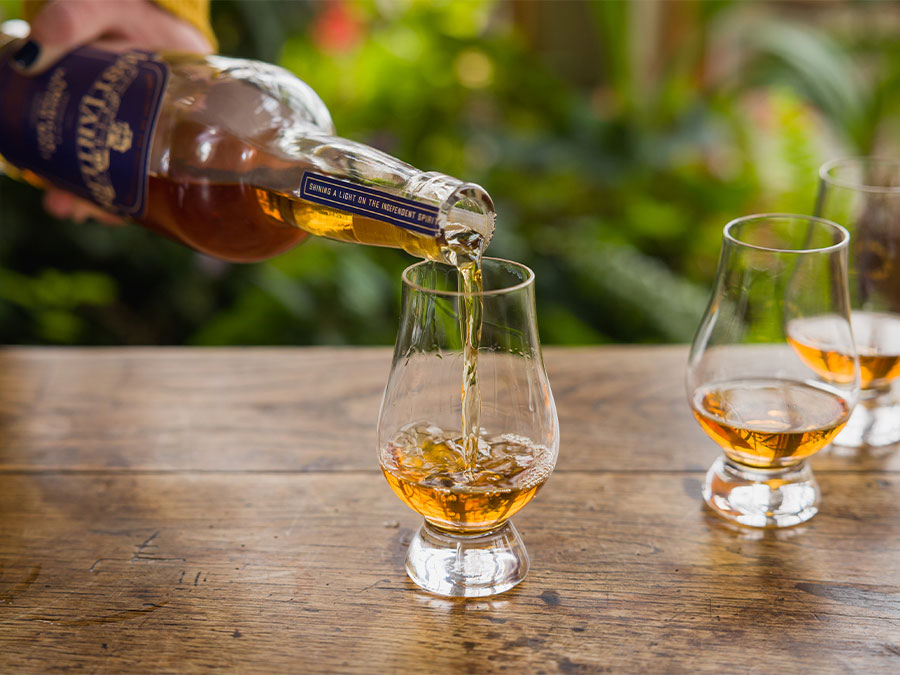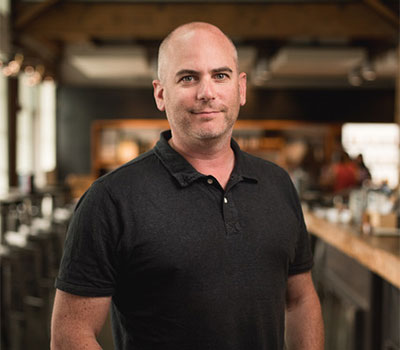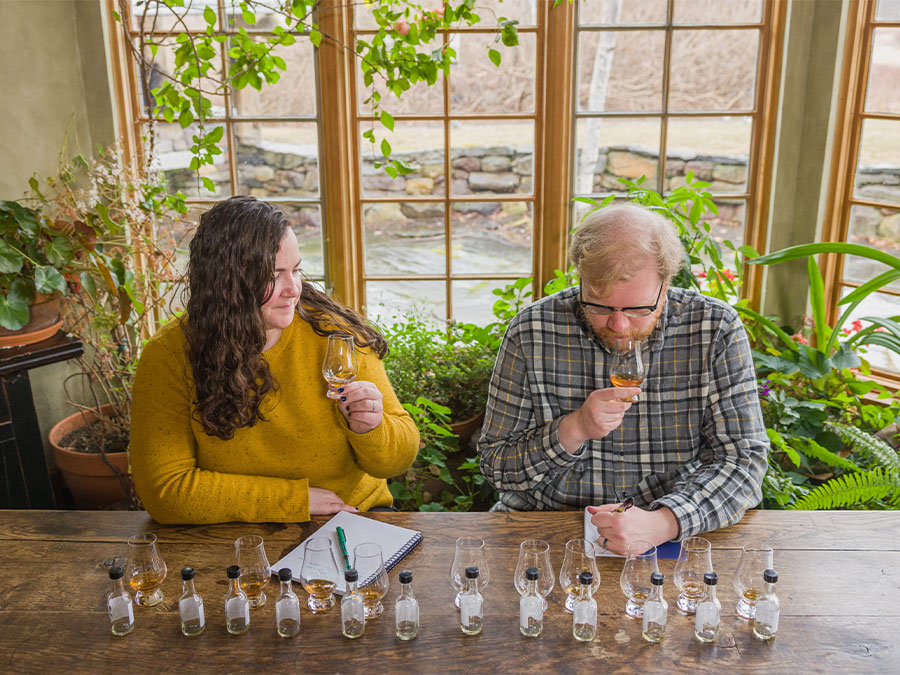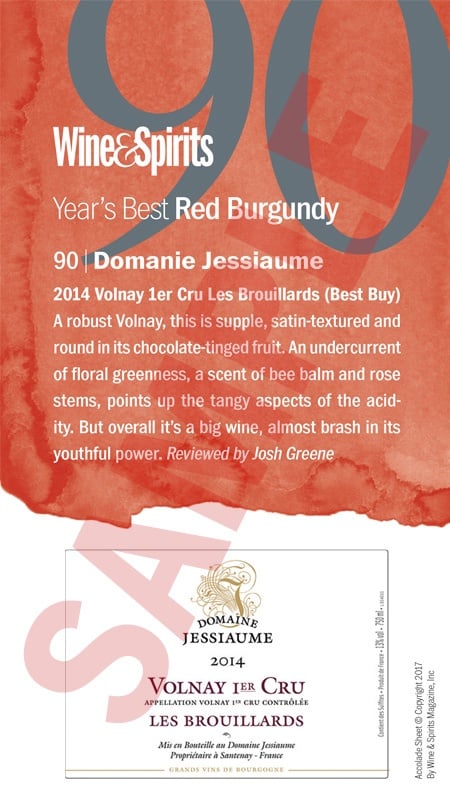

Single malt whiskey has long been associated with Scotland, Ireland and, more recently, Japan. In fact, distillers across the globe, from Australia to France, abide by similar rules for producing single malt whiskey and the category is steadily growing. In the United States, however, no such rules exist—so far. After years of lobbying by distillers, the Tax and Trade Bureau (TTB) has announced a proposed change to its official rule book that would define domestic single malt whiskey as a distinct product. It’s a move that promises to make the spirit more competitive on the global stage, as well as raise its profile at home.
The proposed rules define how American Single Malt should be made by law, creating a set of production standards distillers must meet to label their whiskey American Single Malt, such as those that already exist for Bourbon and Straight Whiskey. The TTB published its proposed standards for defining American Single Malt in late July, 2022, with the required public comment period closing at the end of September; the new rules could go into effect as soon as a month later.


“The 200-plus distilleries making single malt are all going to benefit financially from a catergory that is recognized.”—Steve Hawley
“The credibility that this will lend an entire category of whiskey is a boon for everybody that makes that whiskey,” says Steve Hawley, president and founding member of the American Single Malt Whiskey Commission (ASMWC). “So, the 200-plus distilleries making single malt are all going to benefit financially from a category that is recognized and further respected across the world. Also, it will absolutely attract new distilleries that have been waiting for this designation to get into the into the single malt game.”
The sustained campaign to enshrine the spirit in the TTB’s regulations began in March of 2016, when nine distilleries got together to create the ASMWC. They swiftly drafted a formal definition for American Single Malt Whiskey, informed by the standards governing single malt production in markets around the world. Most importantly, says Hawley, the goal was to define single malt whiskey as it is understood by those who enjoy it. The proposed rules state that American Single Malt must be made from 100 percent malted barley, it must be distilled at a single distillery, and it must be mashed, distilled and aged in America.
“There was a real energy in the room,” says Hawley of the ASMWC’s first meeting. “A palpable feeling that we were starting something important and exciting, and a recognition amongst the group that the opportunity to give birth to an entirely new category of whiskey doesn’t come along all that often.”
The new standards are expected to strengthen American distillers’ ability to market their single malt internationally. They should also see a boost in the domestic market, where a push for American Single Malt sections in shops and on menus is sure to follow from the new rules. At the moment, the spirit is often lumped in with Bourbon or Rye or even Scotch.
“Bourbon is something that’s been familiar in the United States for a very, very long time,” says Adam Polonski, co-founder of Lost Lantern, an independent bottler that specializes in single cask whiskeys from across the U.S. “Even though your average person on the street who drinks Bourbon couldn’t rattle off that it’s 51 percent corn and aged in new, charred barrels, they still know what Bourbon is. So, there’s a familiarity that doesn’t exist with American Single Malt right now. I think the category becoming official will really help with that over time.”


The hope is that the new regulations will legitimize American Single Malt Whiskey, while leaving distillers space to experiment and innovate within the category. Polonski and his partner, Nora Ganley-Roper, cite the Southwest, where distillers are making mesquite-smoked single malt or aging in used Tequila barrels, as an example of the regional variation that is possible in American Single Malt.
“I think a lot of people mistake tradition for regulation,” says Hawley. “The fact that there’s not a ton of innovation in Scotch whisky is not because the regulations don’t allow it, but because tradition doesn’t encourage it. America doesn’t have that history, that tradition. And American distillers of single malt are recognizing that there’s a ton of things to explore, even within the confines of the definition that we all agree on.”
Chantal Martineau is the author of How the Gringos Stole Tequila and co-author of Finding Mezcal. She lives in New York's Hudson Valley.
This is a W&S web exclusive. Get access to all of our feature stories by signing up today.
















